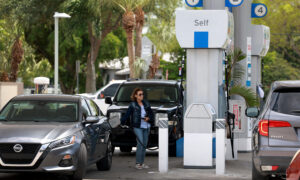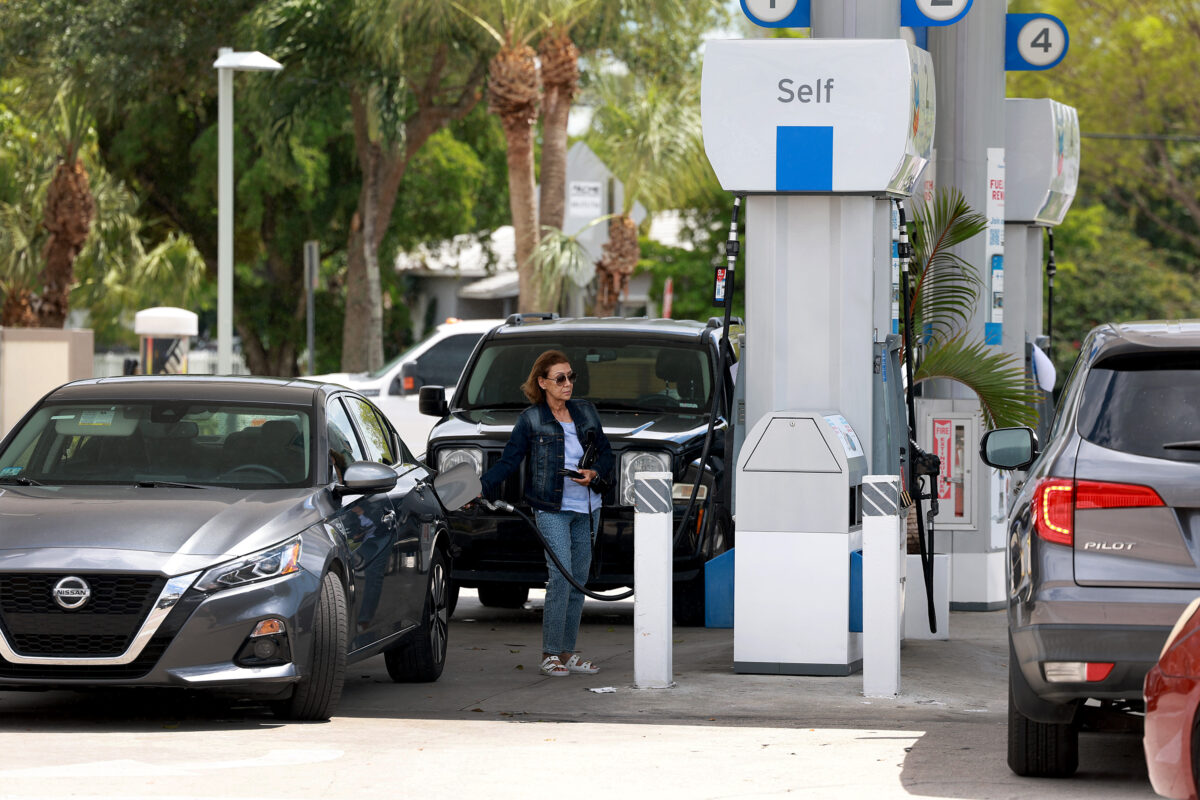
Uncertainty in the American economy is beginning have an effect on the energy markets and gas prices.
Oil prices have declined amid concerns among investors that rising interest rates will push the U.S. economy into a recession.
Analysts have expressed concern that a recession will cause oil demand and pump prices in the world’s largest economy to tumble, with a negative effect on the global energy industry.
U.S. economic growth slowed considerably in the first quarter of 2023 to an annual rate of 1.1 percent, according to Bureau of Economic Analysis on April 27.
That was a large drop from the 2.6 percent rate in the last quarter of 2022 and a greater decline from what most economists had anticipated.
Lower Demand for Gas Depresses Pump Prices
There are also indications that demand for gas may be beginning to wane, as drivers begin to cut back on spending.
The price of West Texas International crude dropped to $68.70 on May 5, while the national average gas price fell to $3.57 a gallon, according to AAA.
Gas prices have dropped from $4.16 a gallon during the same week a year ago, after the start of the war in Ukraine caused prices to hit record levels of over $5 last summer.
According to the latest data from the Energy Information Administration (EIA), gas consumption tumbled from 9.51 to 8.62 million barrels a day last week.
“The oil market volatility is leading to lower prices,” said Andrew Gross, AAA spokesman. “And we are also in a pre-summer driving season lull regarding domestic demand.”
“These two factors should keep pump prices drifting lower for now,” added Gross.
Lower demand, along with an increase in domestic gas stocks, has caused pump prices to edge lower.
Total domestic gasoline stocks increased to 222.9 million bbl, while total domestic crude inventories decreased to 459.6 million bbl last week, said the EIA.
International crude prices took a hit after OPEC announced a supply cut in early April, while concerns over the U.S. banking crisis panicked the markets.
There are also worries that any further upheaval in the banking sector may spark a wider rout in the energy markets, as global consumer spending would likely freefall in a such a situation.
Diesel Demand Falls While Summer Driving Season Consumption May Be Lower
Meanwhile, demand for diesel has fallen sharply in recent months, as the freight industry slows down, owing to fewer orders from consumers and businesses in the industrial sector.
“If you were looking at it in the closet, and not knowing what the wider economy was doing, you would say we’re seeing some sort of an industrial recession,” Tom Kloza, global head of energy analysis at the Oil Price Information Service, told the Financial Times.
American demand for diesel was about 6 percent lower in the first quarter of 2023, compared with the same period last year, as U.S. commercial traffic begins to ease, according to S&P Global Commodity Insights.
“Simply stated, we’re in a freight recession,” said Shelley Simpson, CEO of trucking group JB Hunt, on a recent earnings call.
However, some analysts remain confident that non-commercial drivers will make up for the dip in diesel consumption by driving more.
The upcoming U.S. summer driving season from May to August, is expected to lift demand, but gas consumption this year may be less than usual.
The RBC Capital Markets “Get Out and Travel” tracker slipped into negative territory in February and March, indicating that travel expenses like hotel bookings, car rentals, and train and airline reservations had fallen.
That could be a sign that more Americans may curtail their vacation plans this summer and spend less on gas.

















































